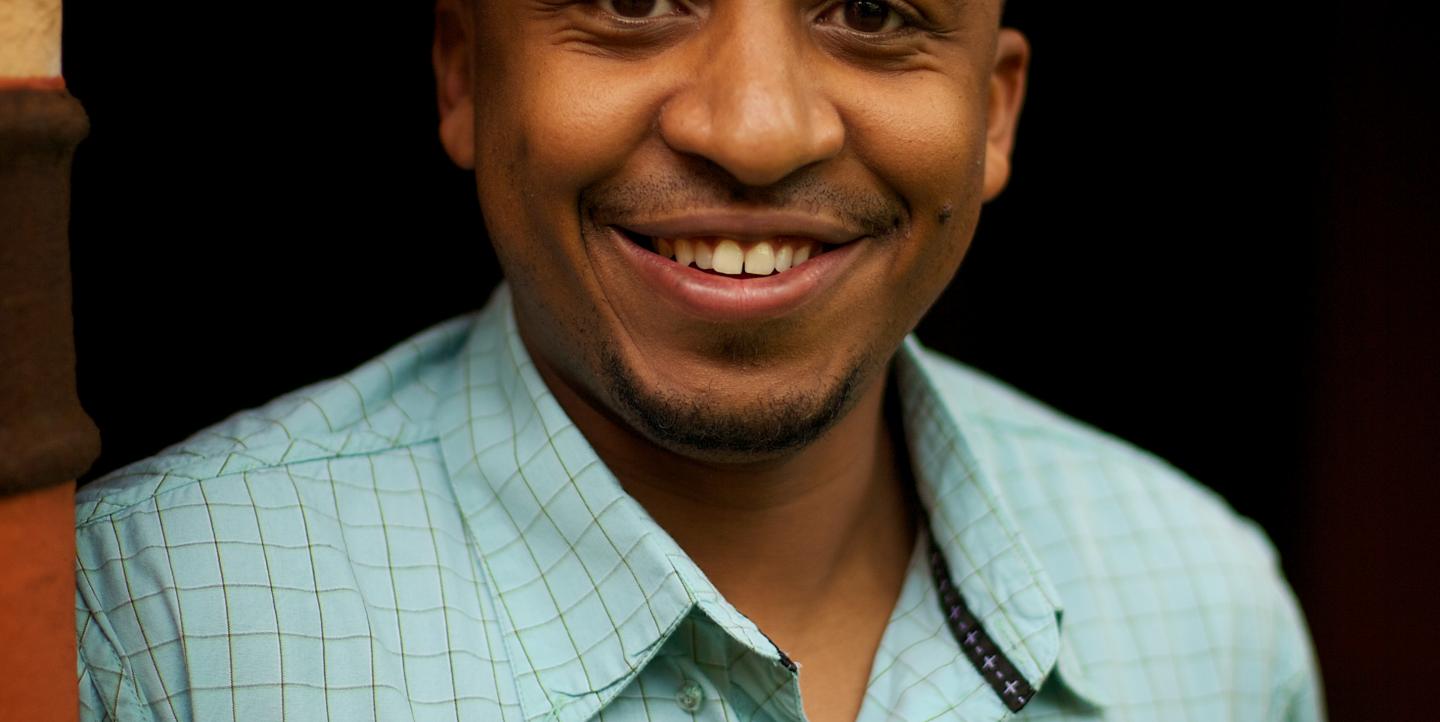In Haiti, a crowdsourcing platform gathered 45,000 text messages during the earthquake response. On YouTube, a video of human rights abuses in Chechnya garnered 500,000 views. Through Facebook, thousands of Tunisians organized a revolution.
Around the world, social media has empowered ordinary citizens to tell stories from their perspectives, humanizing events that the mainstream press can spread, said a panel of media entrepreneurs and activists at a plenary session of the World Press Freedom Day conference. But everyone still grapples with the challenges of verifying information and effectively presenting the volume of material.
“People are able to create their own narrative on [a] specific event,” said David Kobia, co-founder of the crowdsourcing and interactive mapping platform Ushahidi. “People now know this is the real version of the story according to a specific person. This particular red dot that someone might see, this is a real event happening to someone somewhere.”
Users and media organizations have used Ushahidi to monitor elections in India, publicize sexual violence in Egypt, and coordinate disaster responses after earthquakes in Haiti and Japan, flooding in Queensland, Australia, snowstorms in Washington, D.C., and the oil spill in the Gulf of Mexico, Kobia said.
Kobia emphasized that social media offers tools, not solutions. The platform itself doesn’t verify votes during an election, for example. Different situations warrant different techniques, he said.
Tunisian citizens primarily used Facebook to share content and organize protests, said Tunisian activist Sami Ben Gharbia. But privacy restrictions and limited tag, search and archive mechanisms meant mainstream media couldn’t easily access the information.
An ecosystem emerged where users posted content online, curators such as Global Voices and Nawaat translated and aggregated information and then passed it to mainstream media like Al Jazeera, which broadcast the news worldwide.
This “created a certain information cascade that convinced more people to join the protests and join the revolution,” Ben Gharbia said. “Without information, without people knowing what’s going on in their city and their neighborhood, they can’t join the protest.”
User-generated content can be more powerful than traditional coverage in spreading awareness of an issue, said Gregory Shvedov, editor-in-chief of the Caucasian Knot. A reader who knows nothing about conflict in the Caucuses may watch a one-minute video and post a comment. That builds dialogue and more dialogue increases the chance of mainstream media coverage.
“There are lots of voices, and that matters,” Shvedov said, adding that coverage doesn’t need to reach the international level to make a difference. People in remote regions who see a text message or a video through a bad cell phone connection remember the stories they see for years, he said.
Six billion mobile phones circulate the globe, said Katrin Verclas, co-founder of MobileActive.org, a network connecting activists with mobile technology. This has dramatically democratized the spread of information, but smartphones are still fairly expensive and networks inherently insecure, she said.
Verclas described the need to secure conversations and encrypt text messages and file transfers. For example, cell phone technology doesn’t help journalists or citizens who work in heavily controlled states such as Myanmar and North Korea.
Nevertheless, crowdsourcing remains a tool “of many to many for the benefit of many,” Kobia said. You can read more of IJNet's ongoing coverage of World Press Freedom Day here.
The United Nations Education, Scientific, and Cultural Organization (UNESCO) organizes World Press Freedom Day commemorations to celebrate the fundamental principles of press freedom; to evaluate press freedom; to defend the media from attacks on their independence and to pay tribute to journalists who have lost their lives in the line of duty. For complete information on the 2011 World Press Freedom Day global conference in Washington DC, see www.wpfd2011.org (in English)

